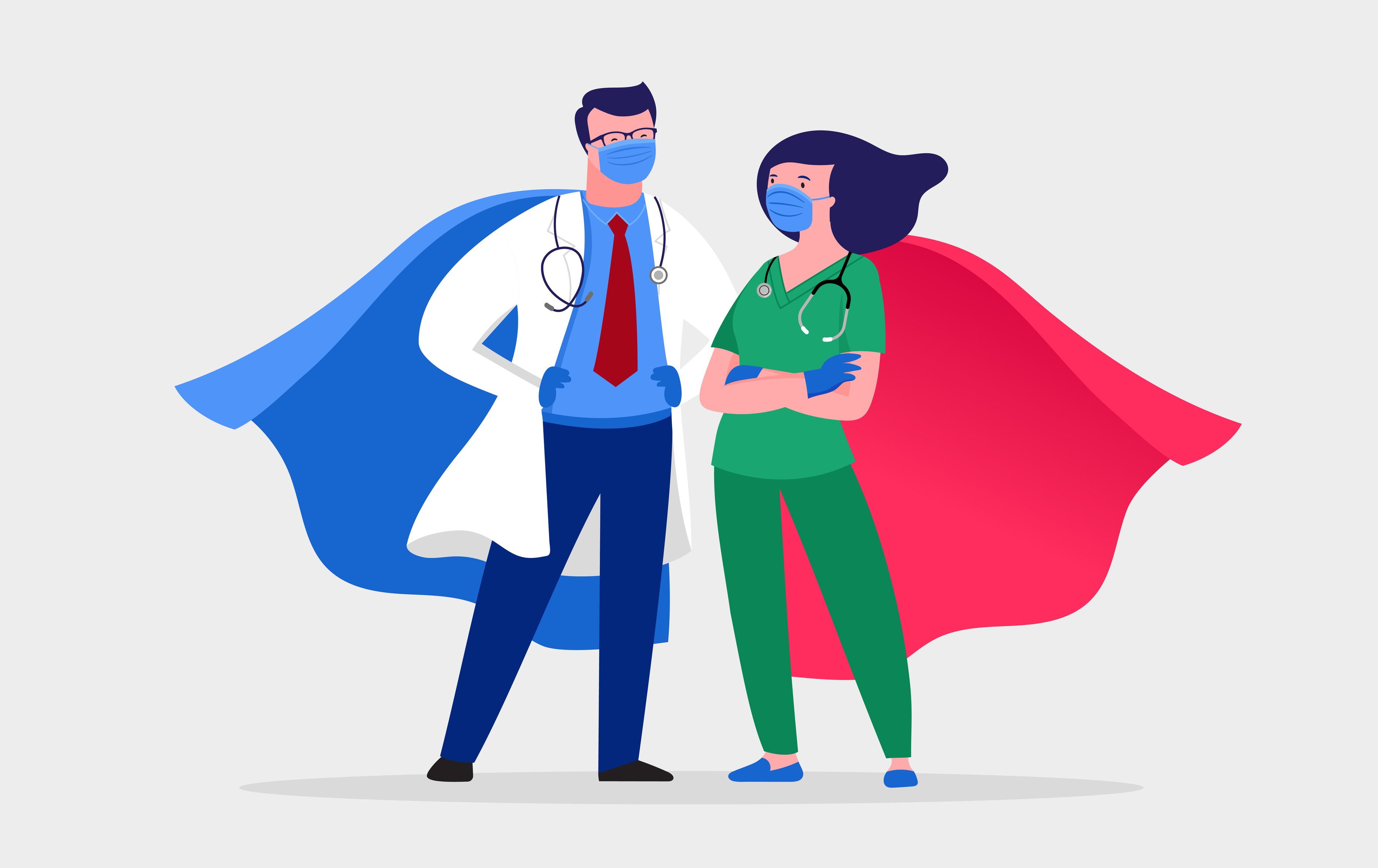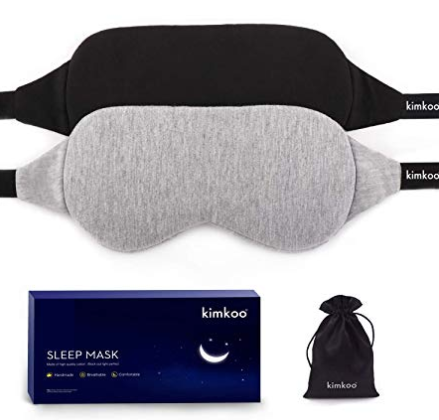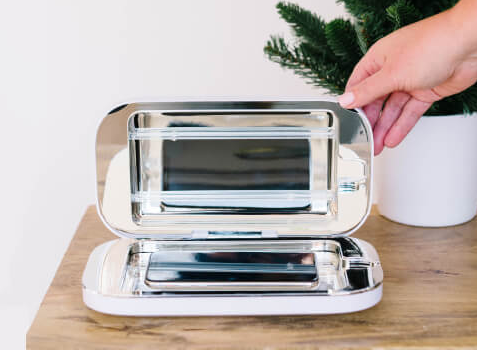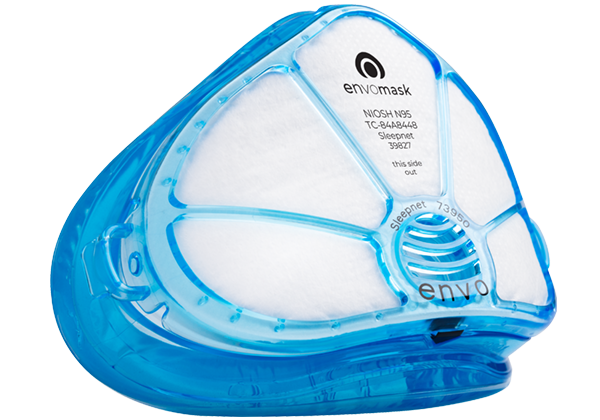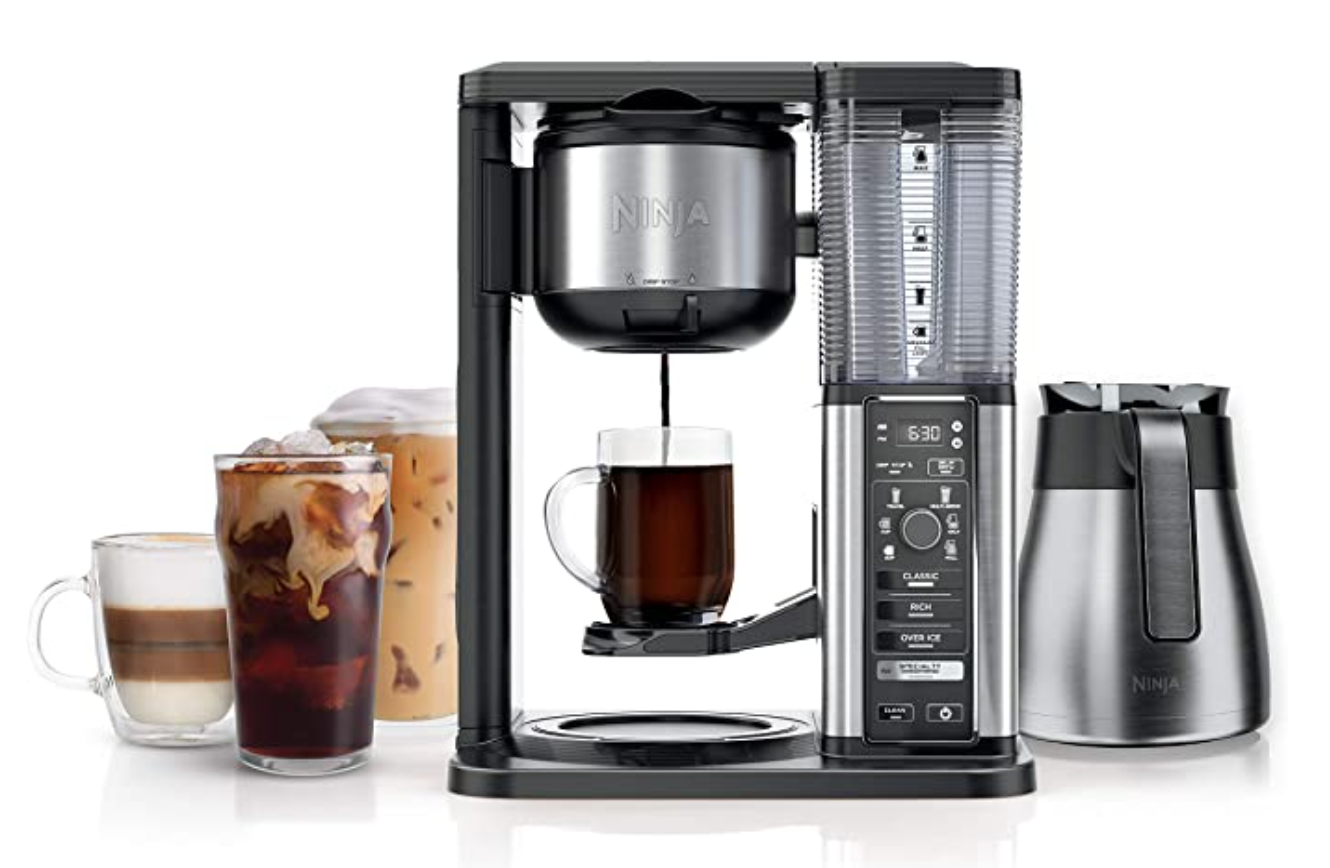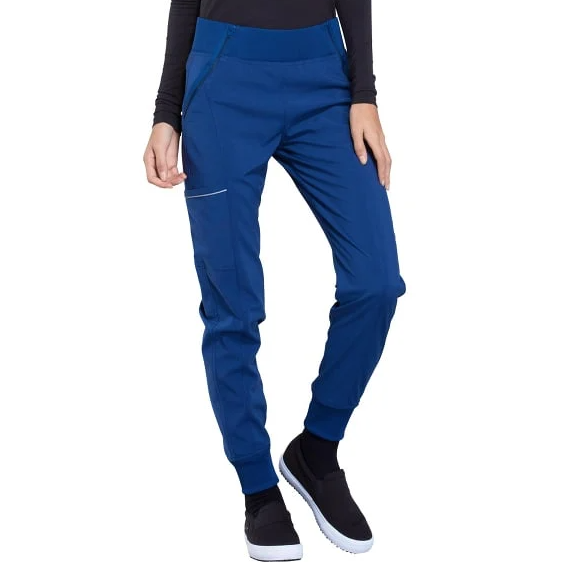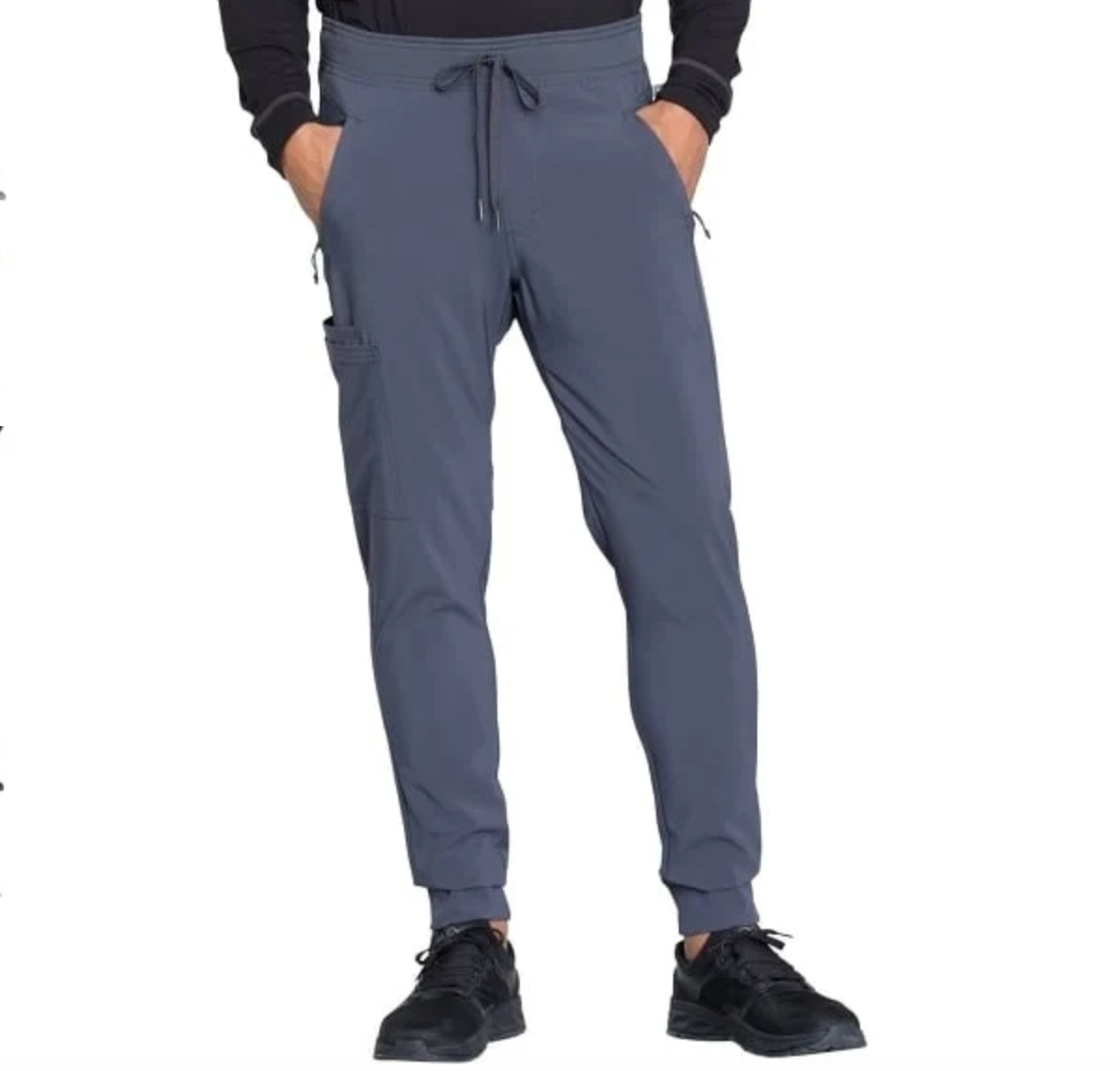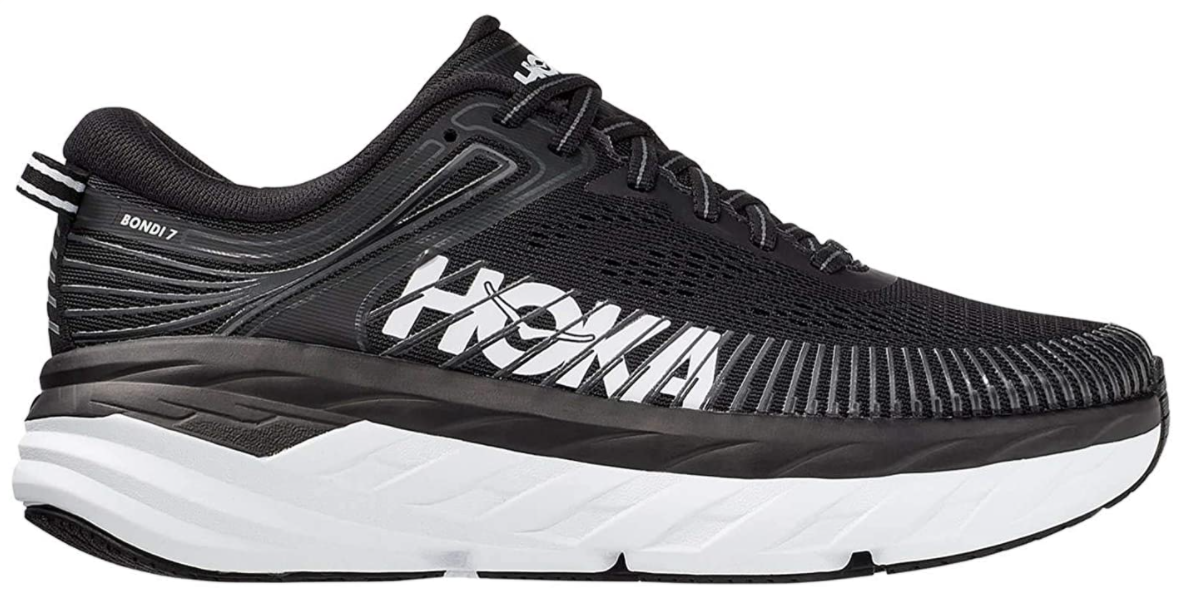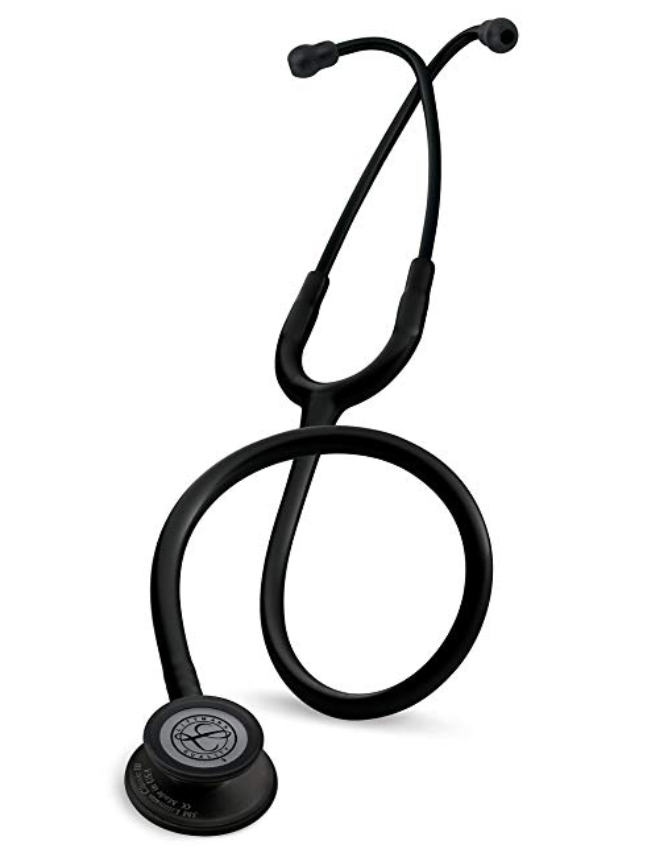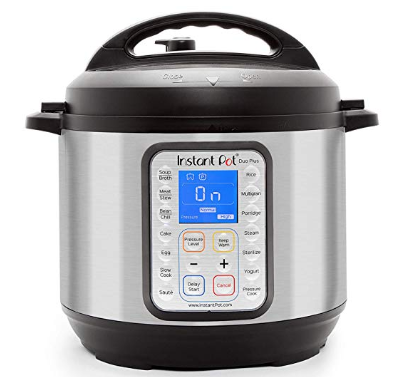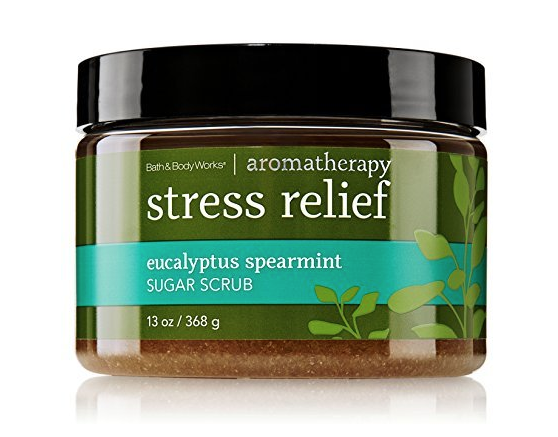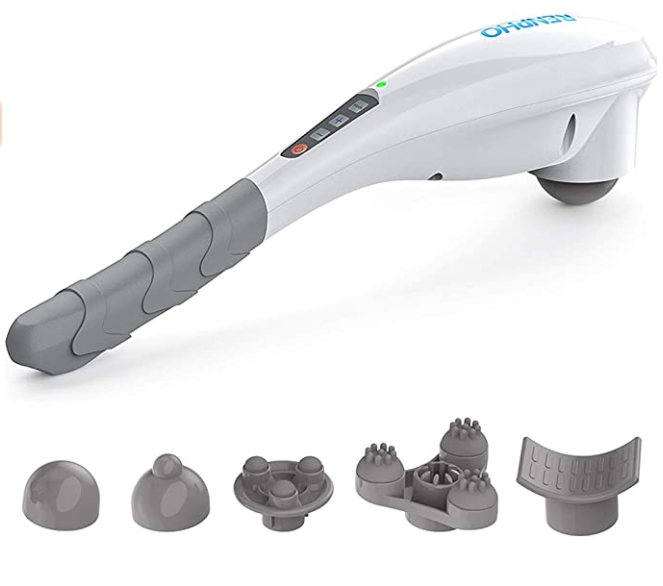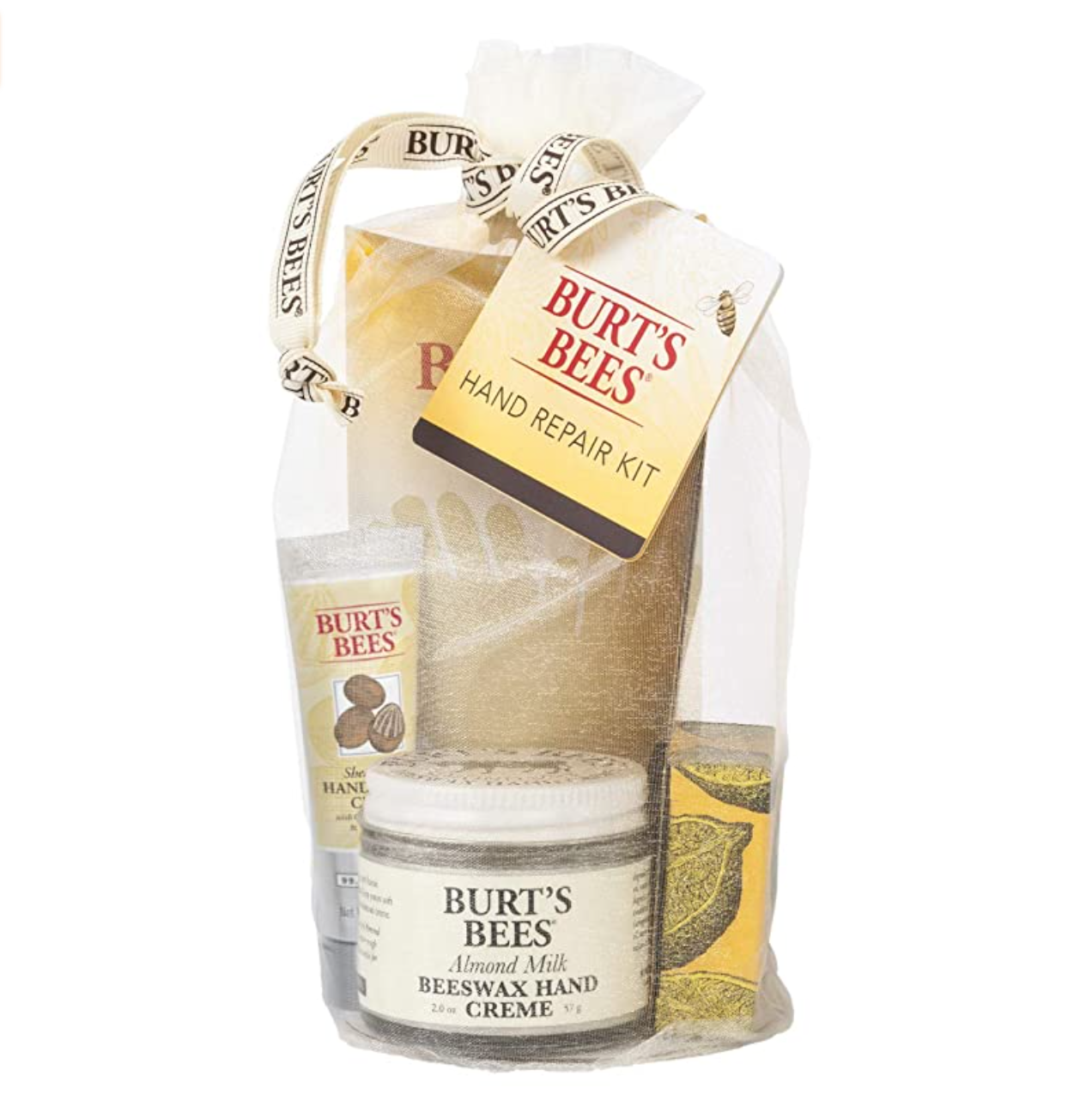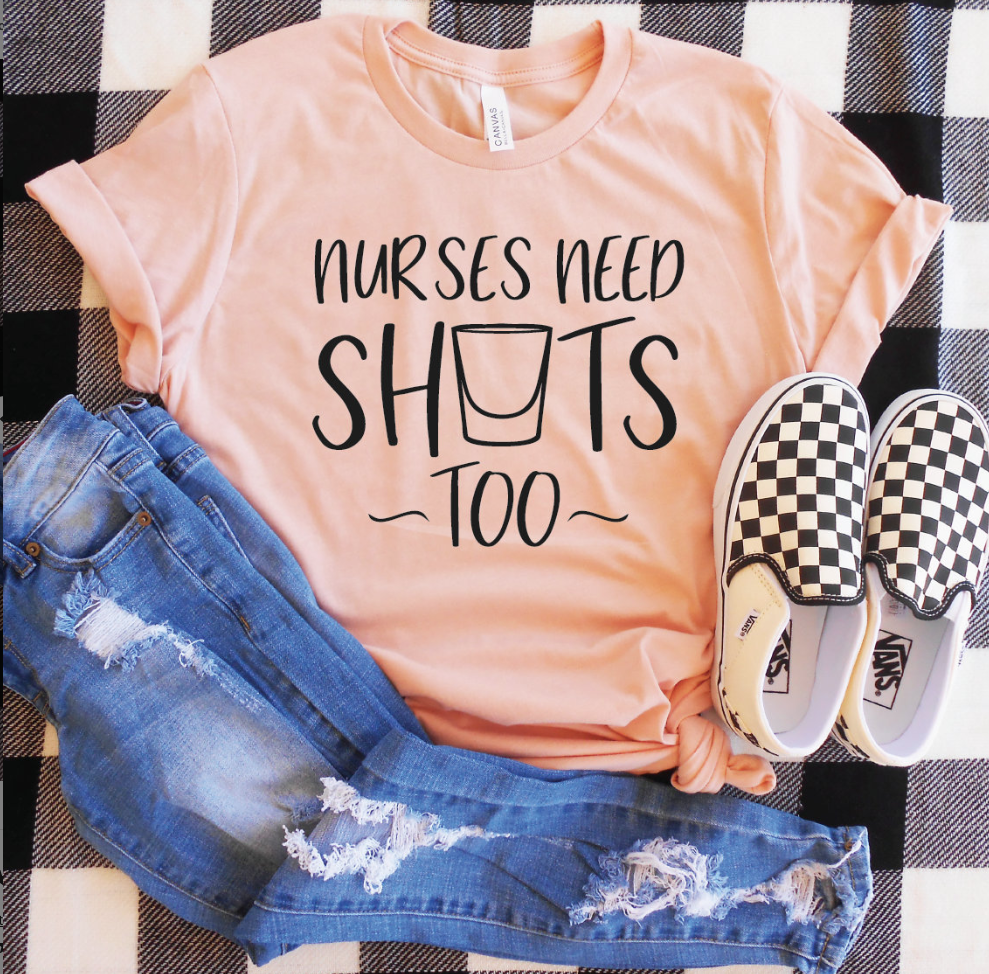If you have ever wanted to have a job where you could make a really big difference in people’s lives, you need to consider nursing. This is a career where you can help save lives and provide necessary care for people of all ages during your daily work hours. There are few things that are as rewarding as a career in nursing and it doesn’t hurt that the pay is excellent as well.
If you have been considering a career change to nursing, you might be wondering if there are other benefits that you can take advantage of. There are many reasons that nursing might be the career for you!
If you are ready to learn more about the benefits of pursuing a nursing career, you need to read on!
Awesome Benefits of Pursuing a Career in Nursing
1. Helping People
Many nurses were originally attracted to the career due to the potential for their training to help save lives. Nurses are on the front line of medical care in every location that they are hired to work, from clinics to hospitals. Making a difference to the people that you care for is a daily occurrence for nurses.
If you value being able to help others and want to make this your life’s work, being a nurse is a great career choice for you to make!
2. Earning Potential is High
Nurses are some of the best-paid professionals in the medical setting. The U.S. Bureau of Labors Statistics says that registered nurses can make around $75,000 a year. If you have specialized training or work night shifts or holidays, you might make even more.
This is a career that pays very well and offers a lot of room for continuing education with master’s degrees in nursing. If you have ever wanted to have a hands-on job that allowed you a lot of room to grow your income, this is the right career path for your needs!
3. Demand is High
Nurses are always in demand. It is rare for any healthcare facility to have all the nurses that it needs on staff. This means that being a nurse will allow you job security that you would not have access to in many other fields and flexibility to choose when and where you work. You will also have the chance to work in many fields as a nurse, even with a basic nursing degree.
Traveling nurses are also very much in demand, so if you like to enjoy a change of pace throughout the year, you can become a traveling nurse and go where you are assigned. There are many exciting career styles within the nursing field so you can pick and choose where you work with ease.
4. Flexible Schedules
Nursing is one of the most flexible careers in terms of scheduling. You will usually have the choice of various shifts that you want to work and once you have seniority you might be able to flex your time to work overtime for a month or so and then take a few weeks in a row off each year. There are many ways to make your nursing career suit your unique scheduling needs so that you can enjoy opportunities and trips that you would not have been able to take.
Many people are amazed at how flexible their schedule really can be and how much they can enjoy their vacation time when they are working in the nursing field. This is one of the few jobs that offers people this much control over their scheduled working hours and it is a big benefit to choosing a nursing career.
5. Simple Wardrobe
If you have never wanted to have to buy work clothes and matching shoes and accessories, then this is the career for you! You will only need a few pairs of scrubs and you might even be provided these as part of your work contract when you are hired. Scrubs are simple to get into and out of and they are often cleaned by the laundry service at your place of employment.
This is one of the best careers for those who hate to buy work clothing and who do not want to have to dress in work slacks and polos every day. Having a simple set of shoes and your scrubs on hand can make dressing for your job easy every day!
6. Trusted Professional
If you have always wanted to work in a job that comes with immediate trust and respect from most people, this is the right choice to make! Nurses are well-educated healthcare professionals and people think very highly of nurses for a whole variety of reasons. From inspiring kids to want to grow up to be like you to being well-thought-of in your community, this immediate bond of trust can be a very exciting part of choosing to be a nurse.
Many people can think of nurses and doctors that they have looked up to when they were younger or even consider them to be important advisors for their adult healthcare needs. You can join these professionals and work alongside them when you choose to get a nursing degree.
A Nursing Career Can be an Amazing Choice
There are many reasons that being a nurse might appeal to you. You will have access to great pay, really flexible work schedules, and a profession that is in high demand almost everywhere in the US. You will also be able to advance your career with ease through additional education. There are so many good reasons to be a nurse, and respect from your community might be a big factor in your considerations as well.
Choosing to be a nurse is often one of the most rewarding career changes that you can make. If you are ready to start making a difference in people’s lives while also earning a really good living, you need to start looking into getting your nursing degree today!
Gabe Nelson is a content specialist of over 7 years of experience, currently working with nurse.org. Just out of high school he set off crab fishing on the Bering sea in Alaska. From there he went back home to finish his college degree at the University of Montana. He has a passion and keen understanding when it comes to healthcare inside and out. He has written hundreds of content pieces in numerous niches.








